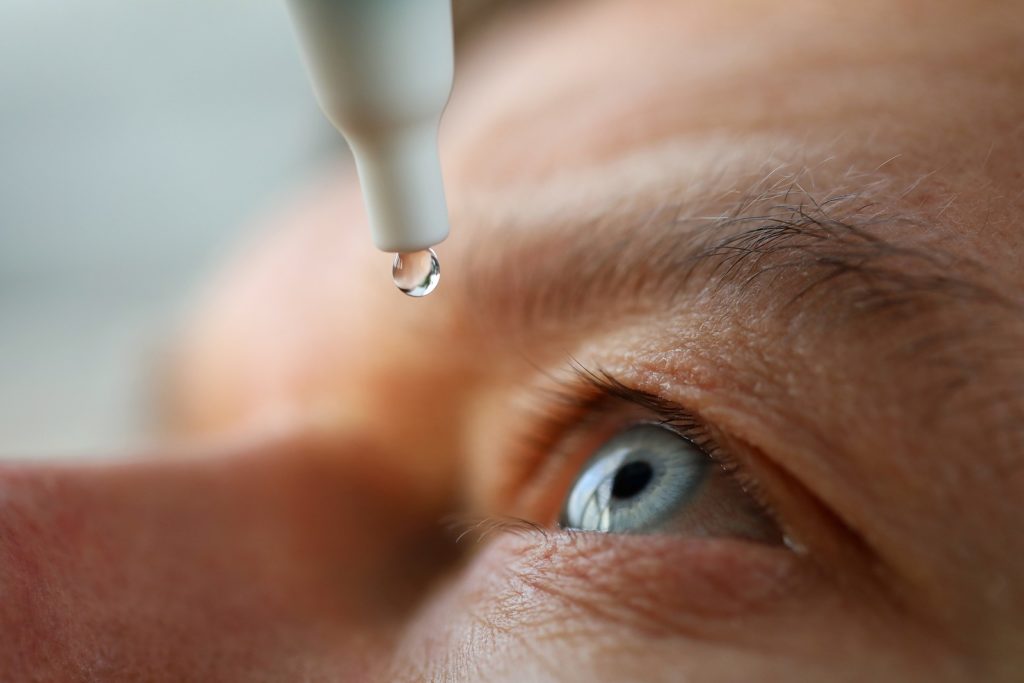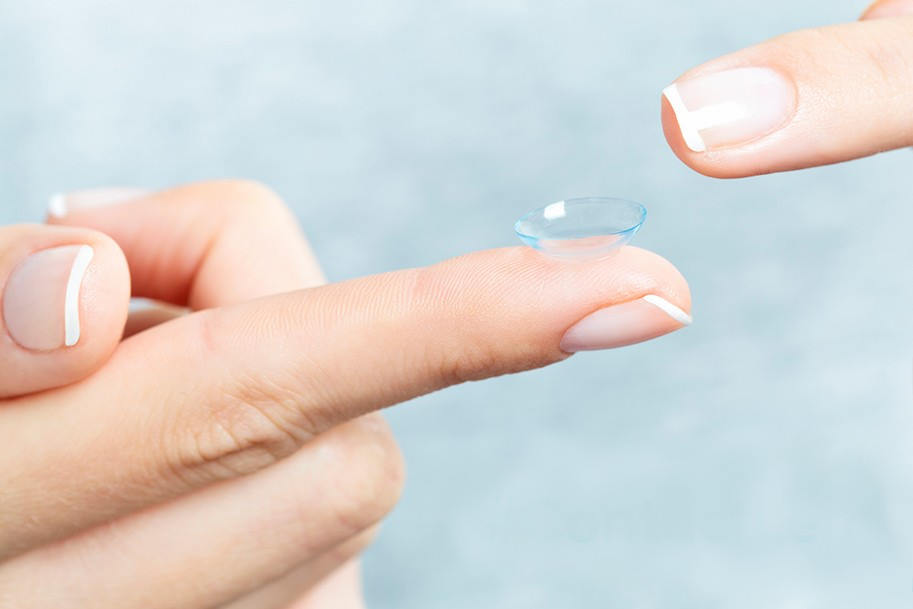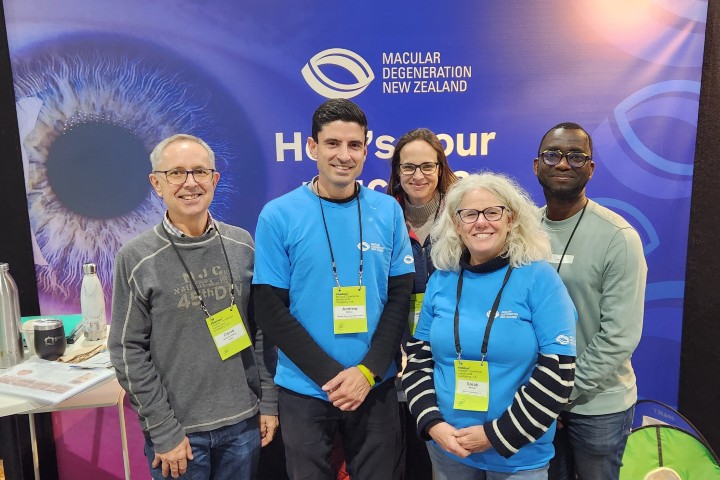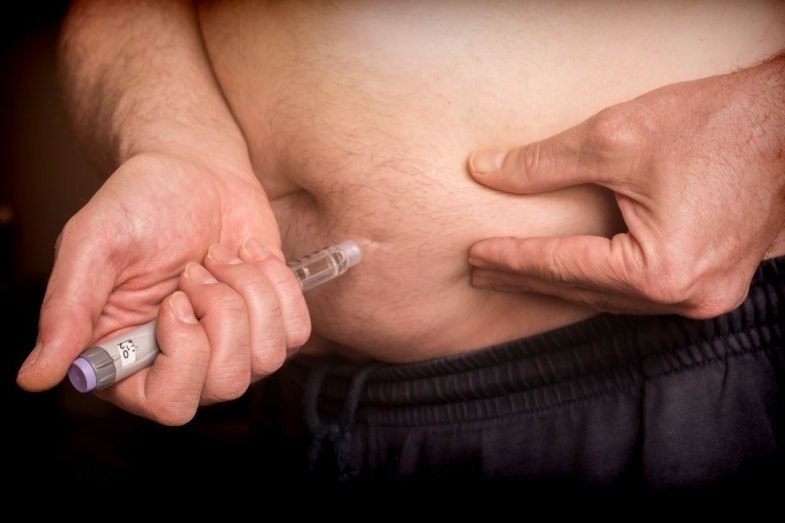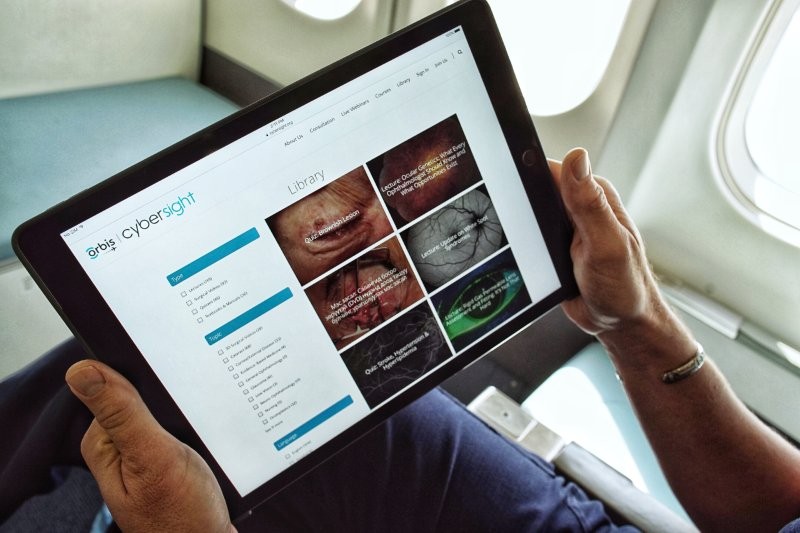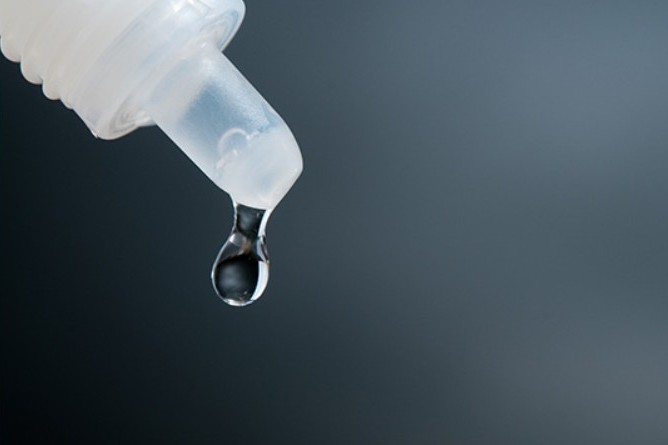DEB gene therapy enters phase 3
US genetic med-tech company Krystal Biotech announced it had dosed its first patient in the IOLITE Phase 3 Study of KB803, a re-dosable eye drop gene therapy designed to treat and prevent corneal abrasions in dystrophic epidermolysis bullosa (DEB) patients.
DEB is a genetic skin disorder that causes fragile skin that blisters easily, which can severely affect the eyes through corneal ulceration, recurrent corneal erosions and scarring. KB803 is designed to address the fundamental disease-causing mechanism at the molecular level, said the company. “(By delivering) two copies of the COL7A1 transgene to the corneal epithelium and enable local type VII collagen production in the front of the eye.”
The double-blind, multicentre, placebo-controlled Iolite study will involve approximately 16 subjects, with enrolled patients receiving either a single drop of placebo or KB803, at a concentration of 109 PFU/mL, to each eye once weekly for 12 weeks. “At the conclusion of the first 12 weeks, patients will be switched from placebo to KB803, or vice versa, and continue with once weekly administration for a second 12-week period,” said the company, noting the primary endpoint is the change in the average number of days per month with corneal abrasion symptoms.
In a previous compassionate-care-approved study by Krystal Biotech, using the related topical gene therapy beremagene geperpavec-svdt (B-VEC), the treatment was found to be well tolerated with no drug-related adverse events noted. Full corneal healing was observed at three months, as well as significant visual acuity improvement from hand motion to 20/25 by eight months. The full study was published in the New England Journal of Medicine in February 2024.
“With dramatic and durable improvements already reported for the patient treated under compassionate use, we are excited by the potential of KB803 to restore full eye function and reduce or eliminate the otherwise persistent threat of vision loss imposed by these recurring corneal abrasions,” said Suma Krishnan, Krystal’s head of research and development.
Over 25% of DEB patients are thought to have ocular complications of the disease, including over 50% of patients with the recessive form of DEB (RDEB), with no corrective therapies currently available to treat or prevent ocular complications.










